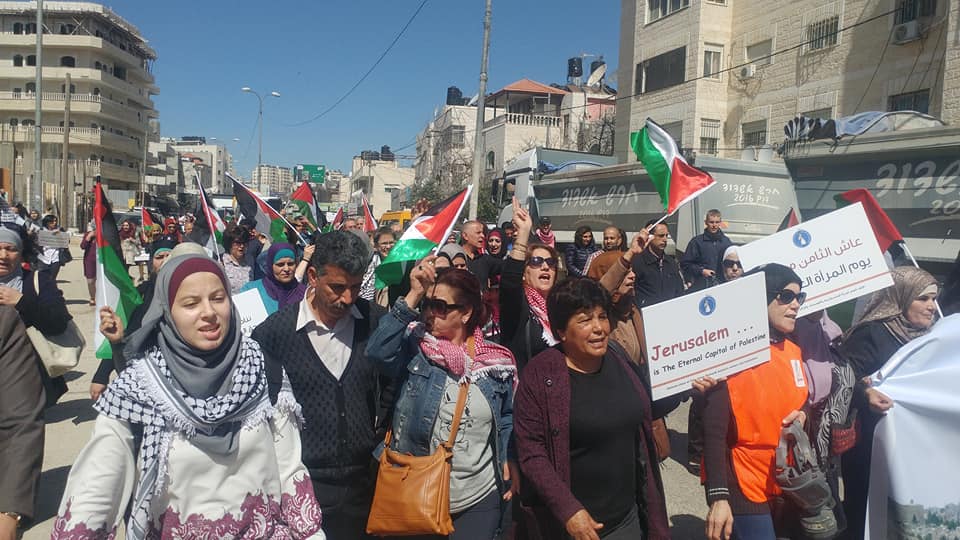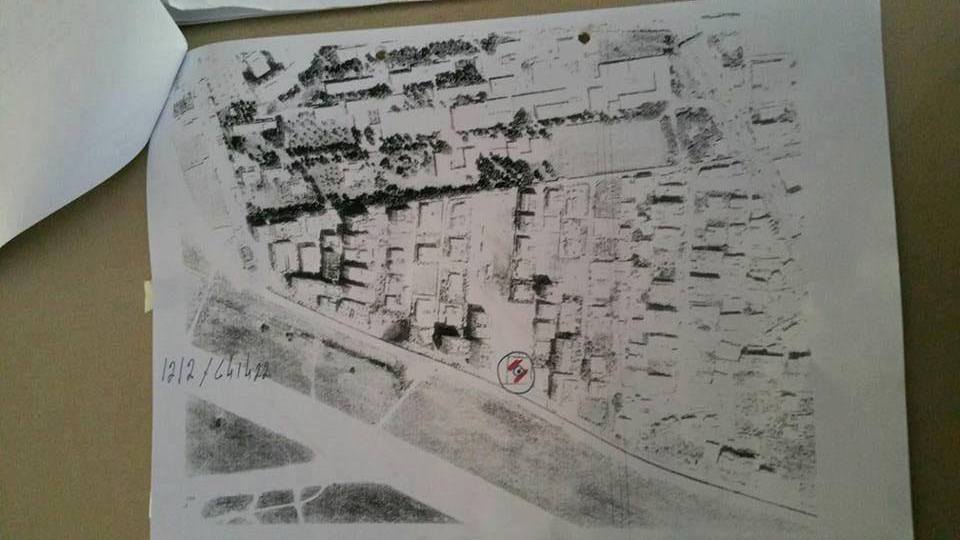Tag: Qalandia
-
International Women’s Day march met with tear gas and stun grenades by Israeli occupation forces
7th March 2018 | International Solidarity Movement, al Khalil team | Occupied Palestine International Women’s Day kicked off today outside Youth Qalandia Club with Palestinian women, men and Internationals marching together to the gates of infamous Qalandia checkpoint in protest of the ceaseless Israeli military occupation and basic human rights. Half way through the march,…
-
Residential buildings in Qalandia facing demolition
6th July 2017 | International Solidarity Movement, Ramallah Team | Qalandia, occupied Palestine Four buildings are at risk of being demolished by Israeli authorities close to Qalandia checkpoint, occupied West Bank. One of these buildings is still under construction, and the other three are undergoing major renovations, yet most of the apartments have already been…
-
Palestinian bystander shot dead during nightly Israel army arrest raid
18th December 2014 | International Solidarity Movement, Ramallah team | Qalandiya, Occupied Palestine The Israeli army shot dead a young Palestinian man in Qalandiya refugee camp. The army invaded the camp at around 3:00 am on the 16th of December with the aim of making arrests. The young people of the camp came out to…



